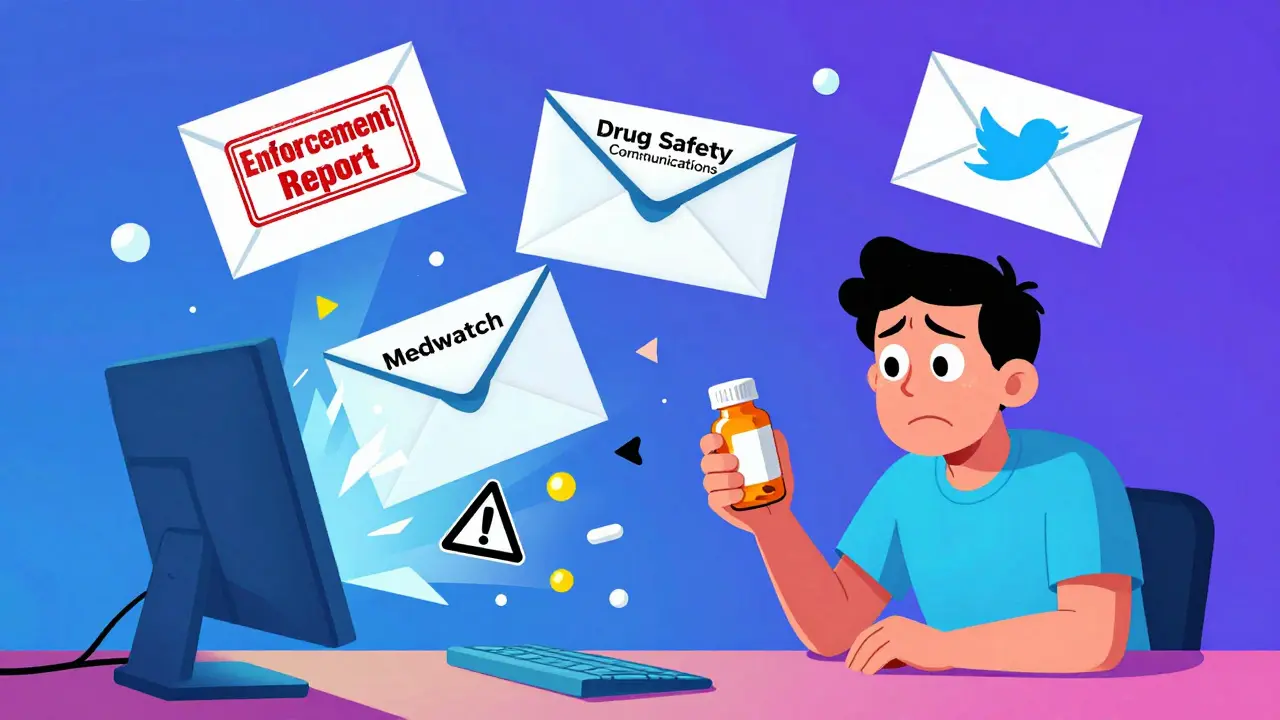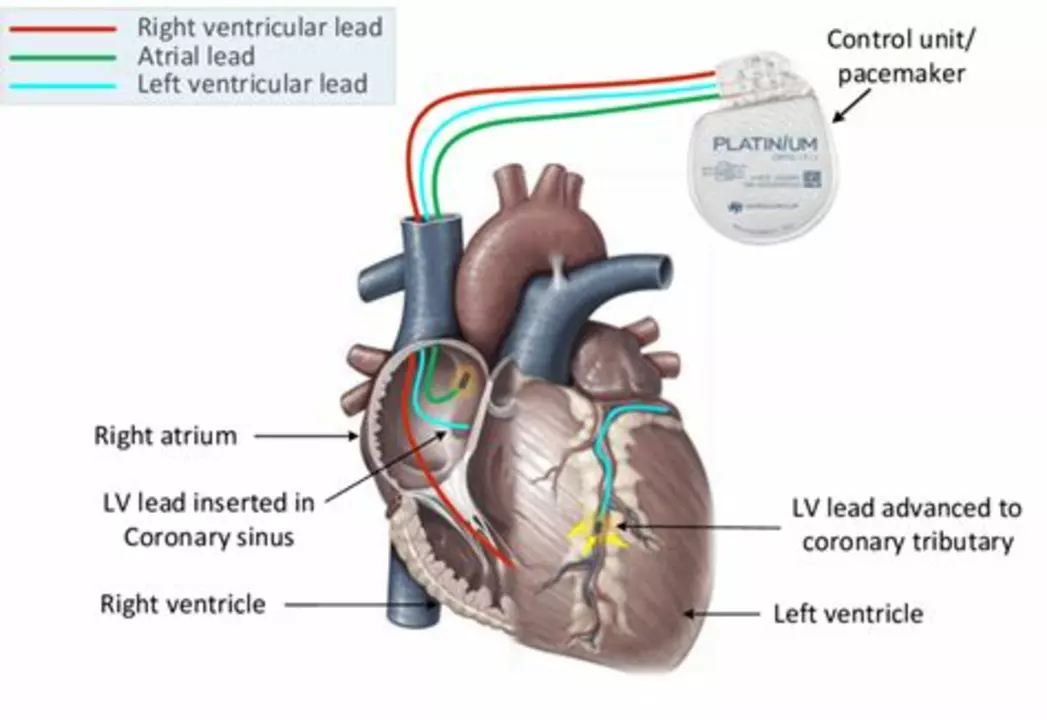Health Information You Can Use Today
On SafeMeds4All we focus on practical steps that help you manage health, not scare you with jargon. Looking for a clear drug guide, quick symptom checks, or simple ways to stay safer on medications? This category collects short, useful posts that answer those exact needs.
Each article breaks a topic into bite-sized actions: what a medicine treats, usual doses, common side effects, when to stop a drug, and when to call a clinician. We point out things people often miss — like how food can change a pill’s effect, or which supplements can cause trouble with blood thinners. You’ll get checklists and examples you can use right away.
Find clear drug guides
When you open a drug guide here, expect a quick summary, typical dosing, timing with meals, and common interactions. We list red flags — symptoms that need immediate attention — so you know when to seek care. For example: if a heart medication causes sudden shortness of breath, chest pain, fainting, or severe swelling, those are urgent signals. Every guide links to trusted sources so you can verify details.
Manage conditions with simple routines
Long-term conditions get easier when you follow routines. We offer short daily and weekly habits: how to take meds at the same time, when to measure blood pressure or blood sugar, and how to keep a simple medication log. Try a one-line daily note: date, drug, symptom, severity. That makes clinic visits faster and more productive.
Patient education matters. A recent post explains how learning symptoms and treatment goals for left ventricular dysfunction helps people stick to their plan and spot problems early. That’s the kind of practical info we aim for — real steps that reduce ER visits and improve outcomes.
Use these tips when reading any health article: check the date, look for reliable references, and see if the advice fits your age, pregnancy status, or other conditions. If you’re unsure, ask your clinician — and bring your medication log or a list of supplements to the appointment.
Safety basics matter: keep meds in original bottles, store them at the recommended temperature, and dispose of expired medicines safely. For controlled drugs, follow refill rules and limit household access. If you mix prescriptions with herbal supplements or over-the-counter meds, always check for interactions first.
Search this category by topic — medications, diseases, or supplements — to find focused guides. Subscribe for updates on new posts and practical checklists. Got a specific question or need a plain-language guide before a clinic visit? Send it in. We write the guide we wish we had before seeing the doctor.

Addison’s Disease: Understanding Adrenal Insufficiency and Lifelong Steroid Replacement
Addison’s disease is a rare but life-threatening condition where the adrenal glands fail to produce essential hormones. Lifelong steroid replacement is required to prevent adrenal crisis, a medical emergency that can be fatal without prompt treatment.

How to Subscribe to FDA Drug Safety Alerts and Updates
Learn how to subscribe to FDA drug safety alerts for recalls, medication warnings, and safety updates. Free, reliable, and life-saving notifications for patients, caregivers, and healthcare providers.

How to Use Secure Messaging to Ask Medication Questions
Learn how to safely and effectively use secure messaging to ask medication questions, avoid common mistakes, and get faster responses from your care team using HIPAA-compliant platforms like MyChart.

The Importance of Patient Education in Managing Left Ventricular Dysfunction
As a blogger, I cannot emphasize enough the importance of patient education in managing left ventricular dysfunction. Educating patients helps them understand their condition better and empowers them to take an active role in managing their health. It's crucial for patients to know how to recognize symptoms and when to seek medical help. Furthermore, understanding the benefits of prescribed medications and lifestyle changes can significantly improve adherence to treatment plans. Ultimately, informed patients are more likely to achieve better health outcomes, reducing the burden on healthcare systems.
